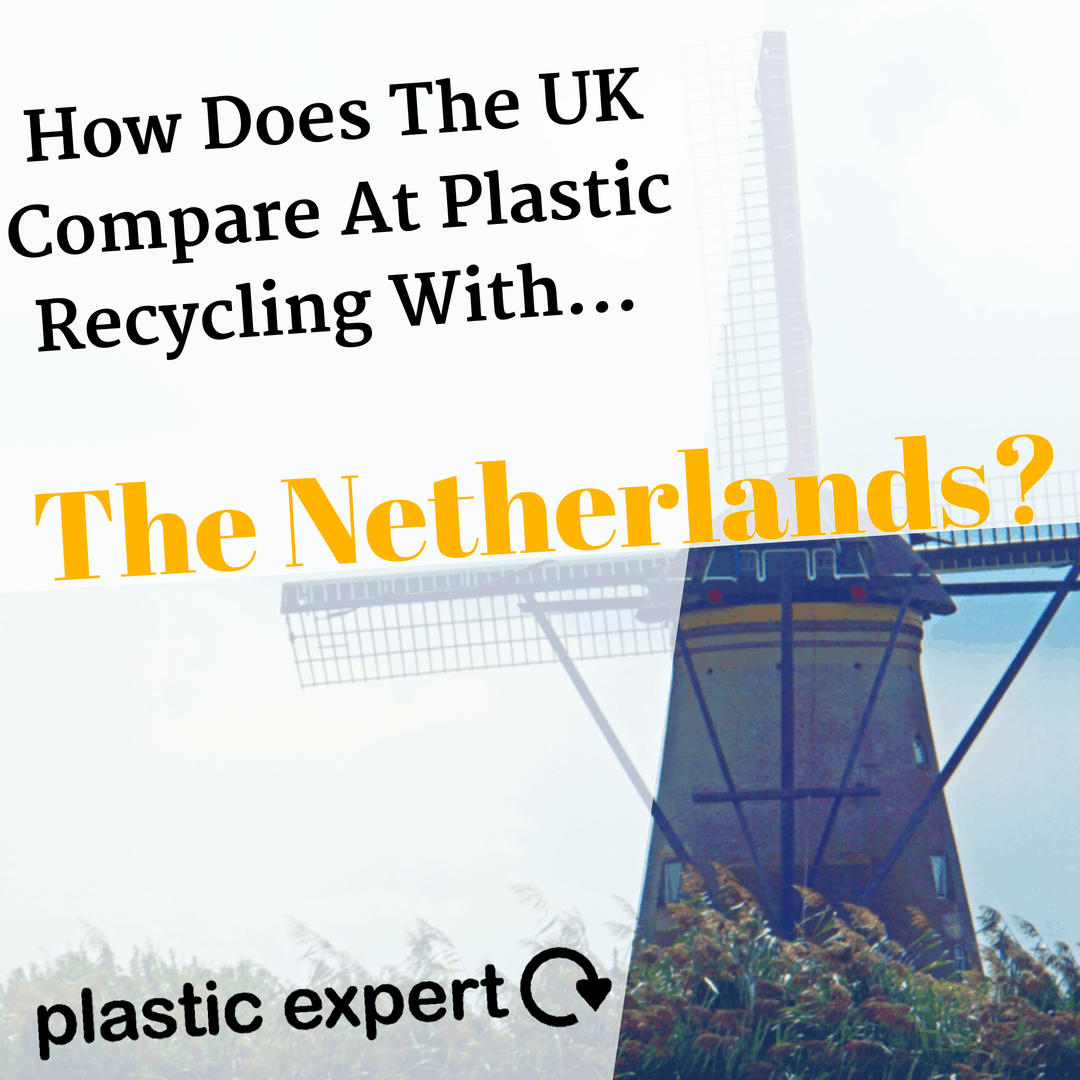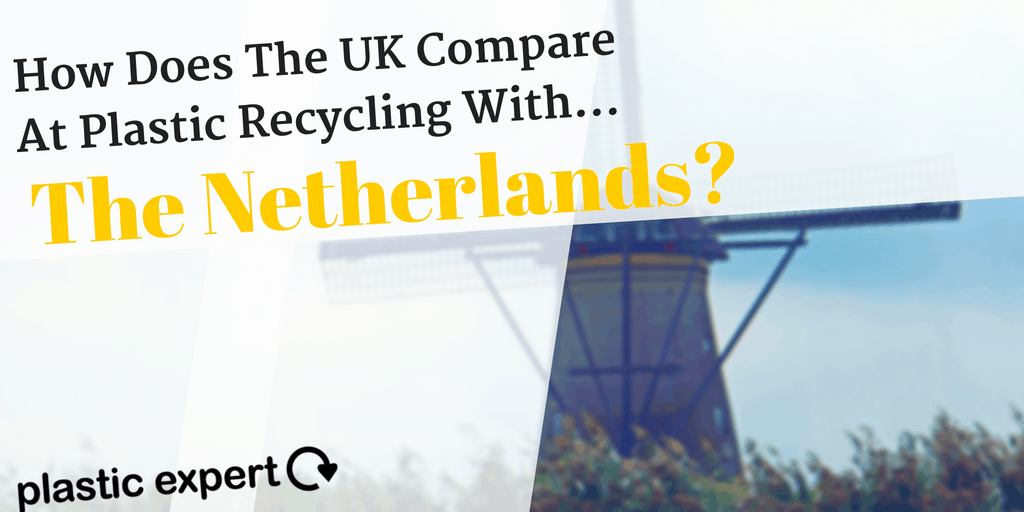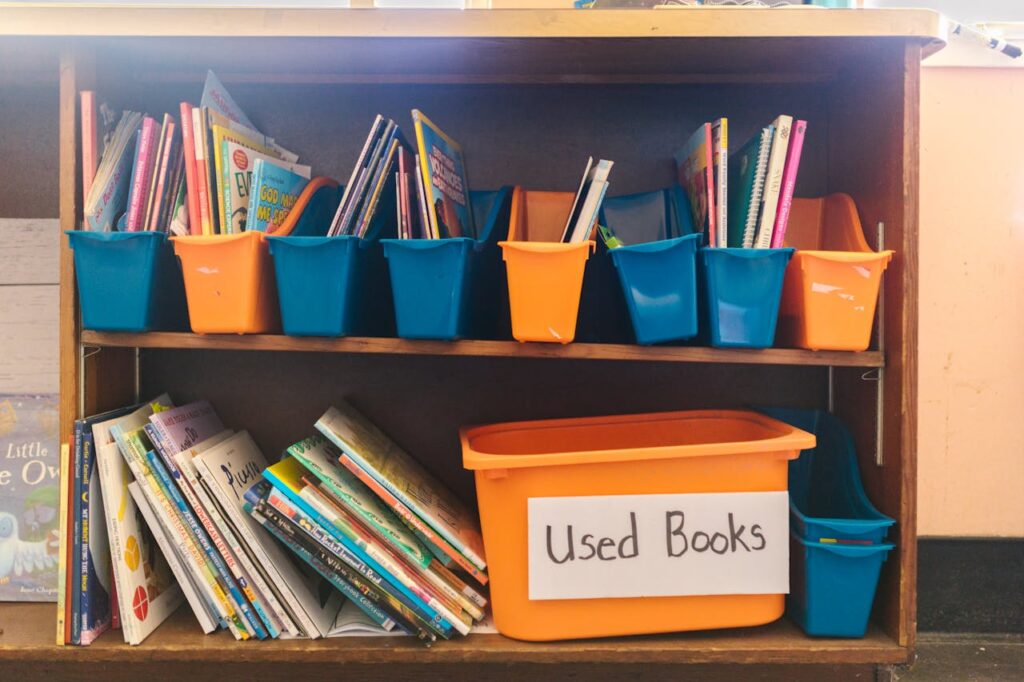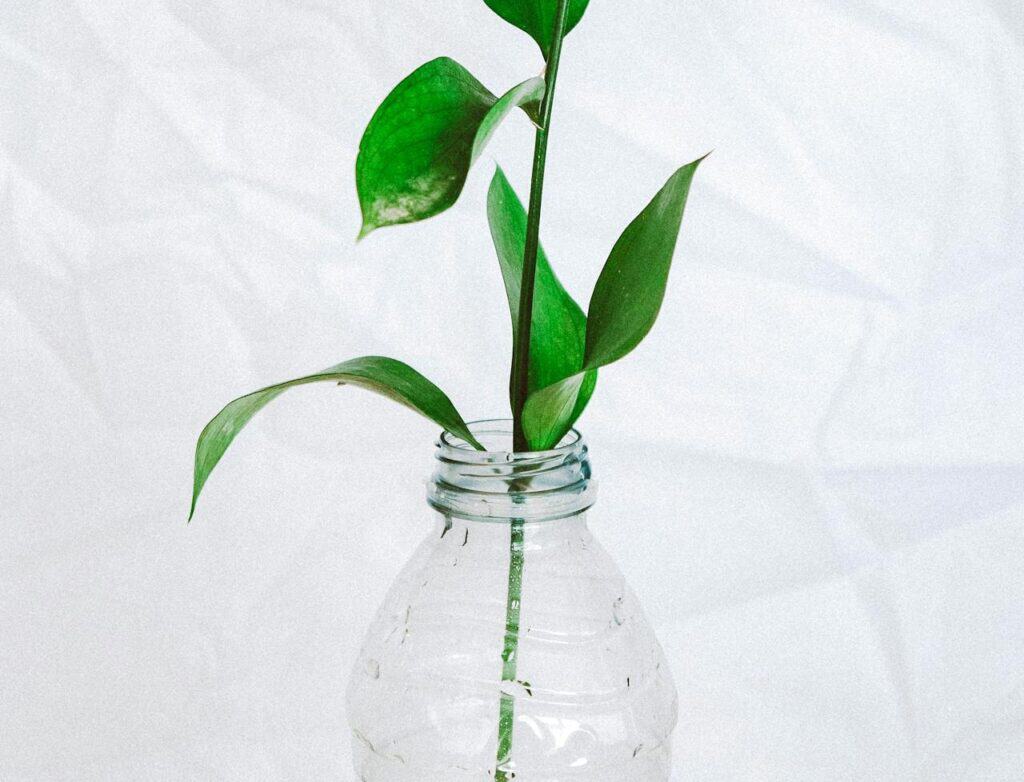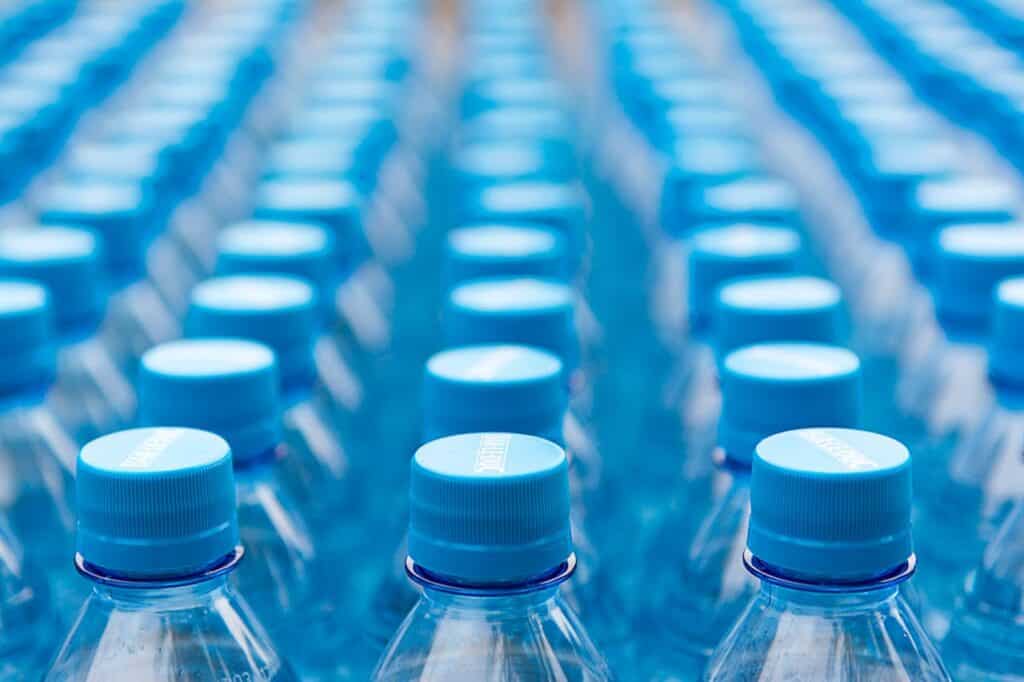Plastic pollution has turned out to be a menace for the entire world, and an environmental issue that, like climate change, may forever be associated with this generation.
It is the significant amount of problems caused by its disposal has caused many leaders around the world, and within the EU, to scratch their heads. EU regulations are attempting to rectify this problem through sustainable solutions that propose to increase the recycling process, but as of yet, no comprehensive solution has been discovered.
Throughout this series, we are going to look at how the UK compares with other major nations in terms of recycling, starting with…
The Dutch Method
Over the years, the Dutch have improved their waste disposal methods to the point where they are recognised as one of Europe’s top recyclers. The changing point occurred when Holland implemented a similar system to the UK, in which homes were given different coloured bins for different materials. This is designed as a subconscious deterrent from mixing recyclable materials in with the general waste and is supposed to reduce the chances of contamination. While UK has managed to recycle 43% of its plastic, the habit of plastic recycling has really caught on in the Netherlands, where they are recycling 67% of their plastic.
One major difference to note is that due to limited space in Holland, which is frankly a very small nation, landfills are very seriously only a final resort, and as such, only 12% of waste ends up there, compared to the estimated 26% in the UK. Anything not recycled or sent to landfill is exported or incinerated. These numbers mark important achievements for Holland, and respect the future vision of the EU in pursuit of the 50% recycling rate targeted for 2020.
Are Taxes The Answer?
One success that separates Holland from the UK is in respect to the amount of concentration made on either eco friendly solutions or landfill methods. For over twenty years, the Dutch have been collecting compostable waste separately from general waste, but did not see a huge jump in cardboard and plastic recycling rates until they introduced a landfill tax and an incineration tax. These two taxes encourage the delicate separation of waste to maximise the collection of recyclable materials.
The UK’s reliance on landfills is equally unsustainable, but whilst we are also seeking to improve facilities, there seems to be a much stronger mentality in Holland, where space is even more at a premium. The UK also has a landfill tax, but it does not do enough to deter the use of landfills or encourage alternative methods. Here at Plastic Expert, we work passionately to avoid landfill use; you can read about our efforts in Hampshire here.
Fewer Collections Means More Plastic Recycling?
As a method of encouraging residents to recycle, some Dutch municipalities do not offer a curbside collection of recyclable materials. Whilst this seems hard to understand, in fact it’s quite simple, and is similar to the method applied in Austria (Europe’s top recycler). Residents are limited on how many bin bags they can have collected, and so they do not want to use their bin space for things that can be recycled. Instead there are local drop-off recycling facilities in which recyclable items must be delivered. People do not want large amounts of packaging waste building up in their home, and so they keenly use the drop-off facilities which are in abundance in the Netherlands. This system is incredibly effective, but is even more so in Austria due to the fact they actually charge residents for the bin bags (and they’re not cheap!).
Other Initiatives
The plastic bag ban introduced in England in late 2015 has reduced the number of plastic bags taken home from shops by 85%. The initiative meant that people would have to pay 5p for a bag, rather than take them for free, and so the success of this project has shown that people often use plastic products because of their ease, rather than from need. In future, the government will likely seek ways to tackle other plastic wastes, such is the success of this initiative.
In the Netherlands, a high tax is placed on unsorted waste at recycling plants, based on the weight of bags. This implementation was decisive in encouraging collection companies to push the people and businesses they collected from to better separate their waste. It was a highly successful introduction, and something that the UK might consider introducing in the future if it is keen to raise cardboard and plastic recycling levels. In the UK we are not charged for waste collection directly, as it is covered through our tax, however this is not always the case in the Netherlands. In Holland, many waste collections are made monthly, designed as another motivation for people depositing their own recycling at drop-off centres, rather than letting it build up in their home.
It is important to note that only 14% of UK waste comes from households, with over 80% coming from construction and businesses. It would appear that no matter how many domestic cardboard and plastic recycling methods we introduce, until we learn how to work with businesses and their respective waste recycling, we will continue to falter.
Is Mentality A Problem?
In conclusion, it seems that Holland’s mentality relating to limited space, combined with their determination to find ways to stop people putting recyclables in with general waste is proving to be a success. We have reported in the past that the lack of cooperation between councils, businesses and recycling facilities is holding the UK back, but it seems that in Holland they work together.
Could this be our downfall? Only time will tell if we continue to make progress or our efforts fall by the wayside.

